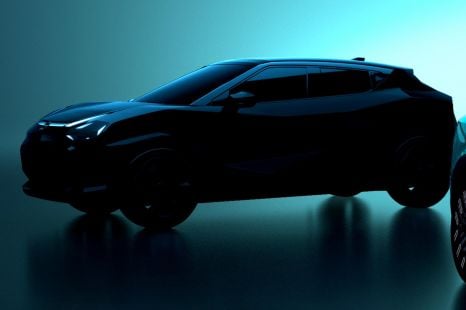

Damion Smy
Nissan Juke EV will use Leaf platform, due in 2026 - report
47 Minutes Ago
GM will increase its focus on its electric vehicle rollout but cut spending on autonomous vehicles amid difficulties for both.
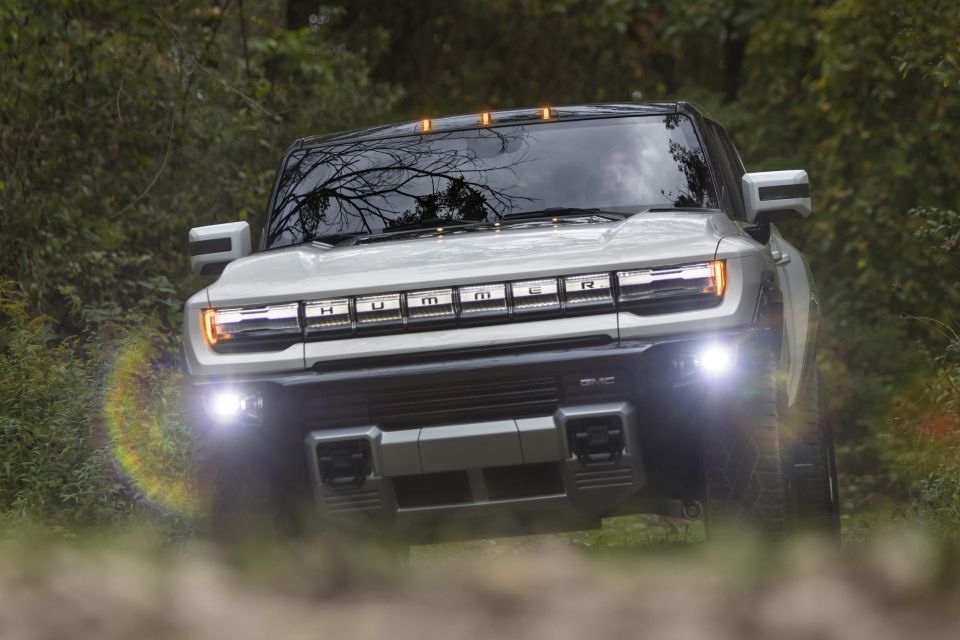
General Motors CEO Mary Barra has expressed her displeasure at the company’s electric vehicle (EV) rollout and difficulties with Cruise, the company’s AV subsidiary, at a recent investor conference.
Among difficulties with EV and AV rollouts, investors have reportedly expressed concern about new contracts signed in wake of the company’s agreement with the United Auto Workers union.
To address this, GM announced a US$10 billion (AUD$15.1 billion) share buyback scheme.
Automotive News reports GM’s current share price is 15 per cent below its share price in 2010, when the company began trading publicly. GM aims to raise its dividend by 33 per cent in 2024.
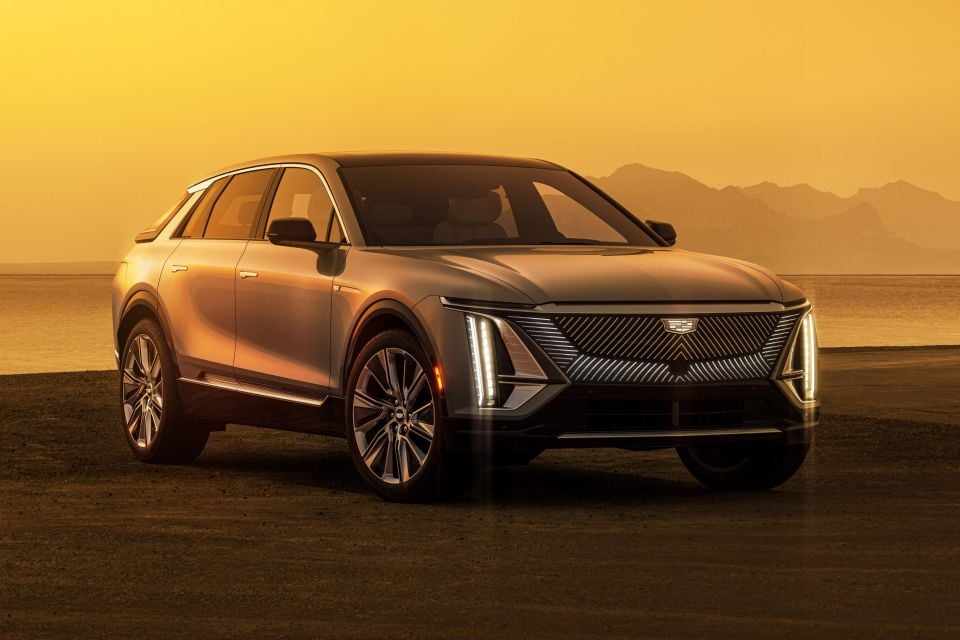
“Frankly, we didn’t execute well this year as it relates to demonstrating our EV capability,” Mary Barra said, according to Automotive News.
However, the CEO reportedly expects “significantly higher” EV production rates in 2024.
“I am very confident with the EV portfolio that we have and the work that we’ve done to deliver significantly more Ultium-based products that customers, I think, will really appreciate,” she said.
“Because we started this [EV] journey earlier, we are much farther along than the market is giving us credit for.”
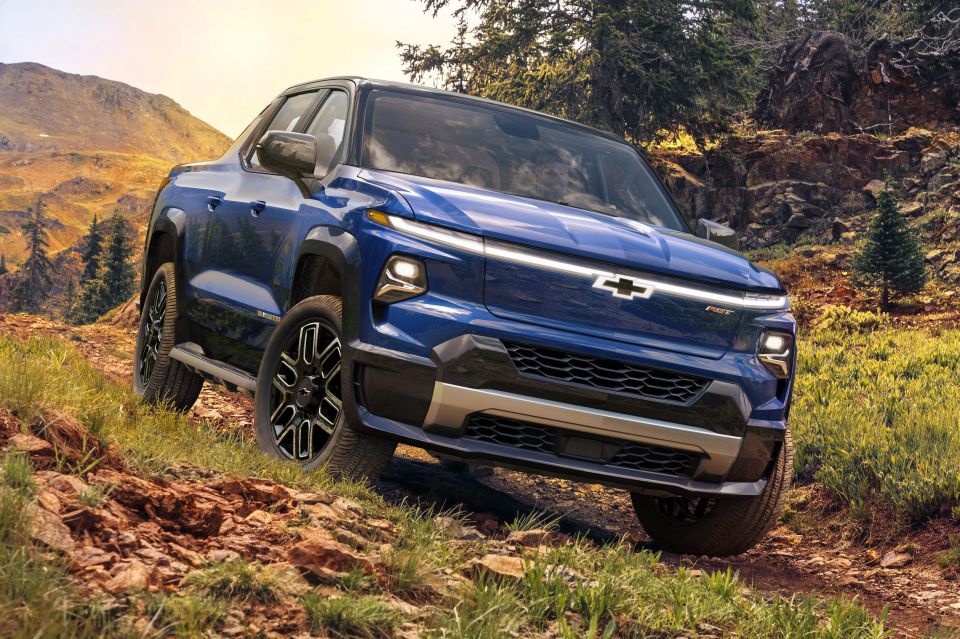
Automotive News reports a main cause of GM’s stalling EV rollout is a manufacturing bottleneck with its Ultium batteries. However, the company says it’s working to overcome this.
Recently, GM scaled back its EV expectations blaming “evolving EV demand” for its decision to delay production at a second plant for its Chevrolet Silverado EV and GMC Sierra EV by 12 months.
The company said in October it won’t provide incremental EV production targets, but still intends to have capacity to build one million EVs in North America by the end of 2025.
It recently confirmed battery production at its Ultium joint venture plant in Ohio has been affected by delivery issues with its automation equipment supplier, but told Reuters this latest move doesn’t impact its battery plant plans.

In addition to overcoming the hurdles associated with GM’s EV rollout, the company will also significantly cut funding to its troubled AV subsidiary, Cruise.
Cruise will see “substantially” less money spent on it as Automotive News reports the subsidiary will narrow its focus when it restarts its operations.
The company’s chief financial officer, Paul Jacobson, confirmed GM wll slash “hundreds of millions of dollars” less than in 2023.
Recently, the self-driving robotaxi company owned by General Motors and Honda, was dealt a major setback with the California Department of Motor Vehicles (DMV) suspending its operations in San Francisco.

The suspension of the company’s driverless vehicle permits is effective immediately, and was due to the company’s inability to ensure public safety after a string of high-profile incidents involving its autonomous taxis.
The subsidiary subsequently paused all its operations in the US, and its CEO and founder Karl Vogt resigned.
Widely reported incidents have included robotaxis blocking the path of emergency vehicles.
Additionally, the US National Highway Traffic Safety Administration launched an investigation into the safety of Cruise’s vehicles.
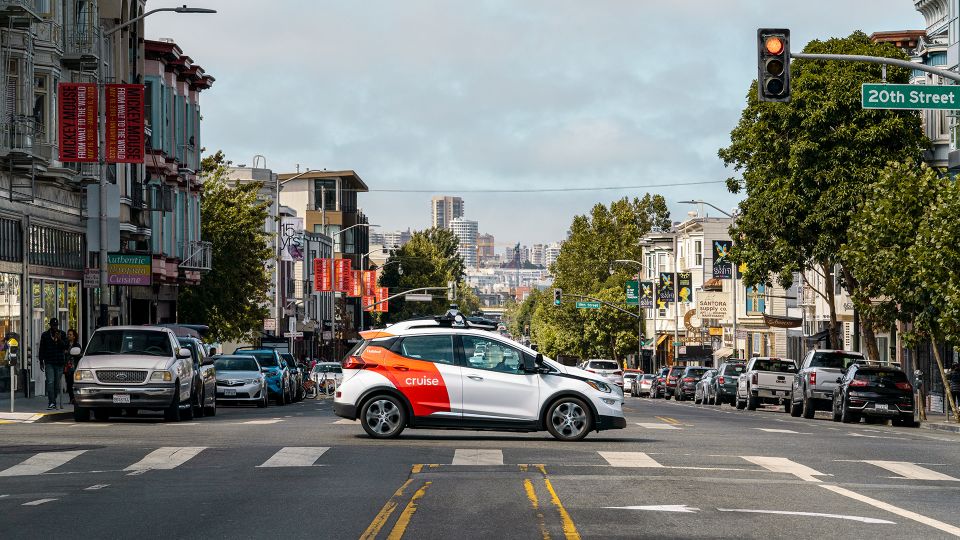
Specifically, there are two cases where pedestrians were struck and two more where the agency is evaluating if the vehicle exercised ‘appropriate caution’.
The GM CEO reportedly said that GM executives await the results of various safety reviews before deciding Cruise’s path forward.
“We expect the pace of Cruise expansion to be more deliberate when operations resume,” she said.
“Our priority now is to refocus them on safety, transparency and accountability, and build trust with regulators at the local, state and federal levels, including first responders and the communities in which we will operate.”


Damion Smy
47 Minutes Ago
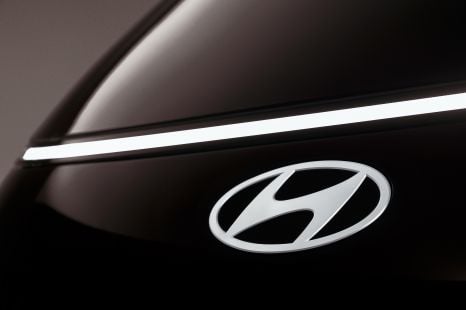

Damion Smy
4 Hours Ago
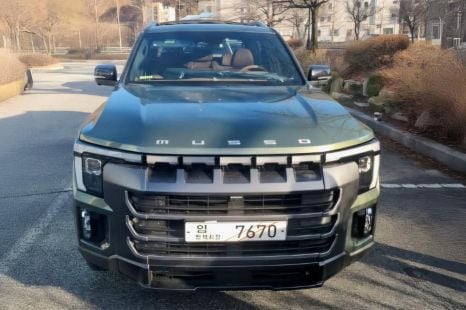

Damion Smy
8 Hours Ago
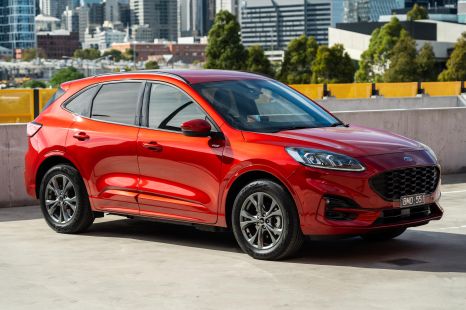

Damion Smy
9 Hours Ago
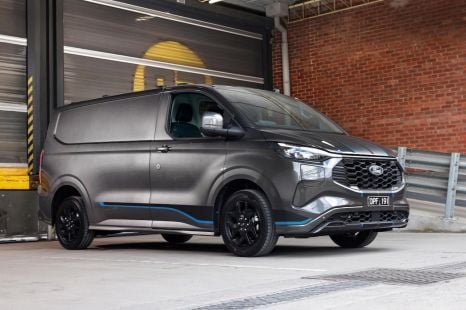

Damion Smy
9 Hours Ago


Damion Smy
10 Hours Ago